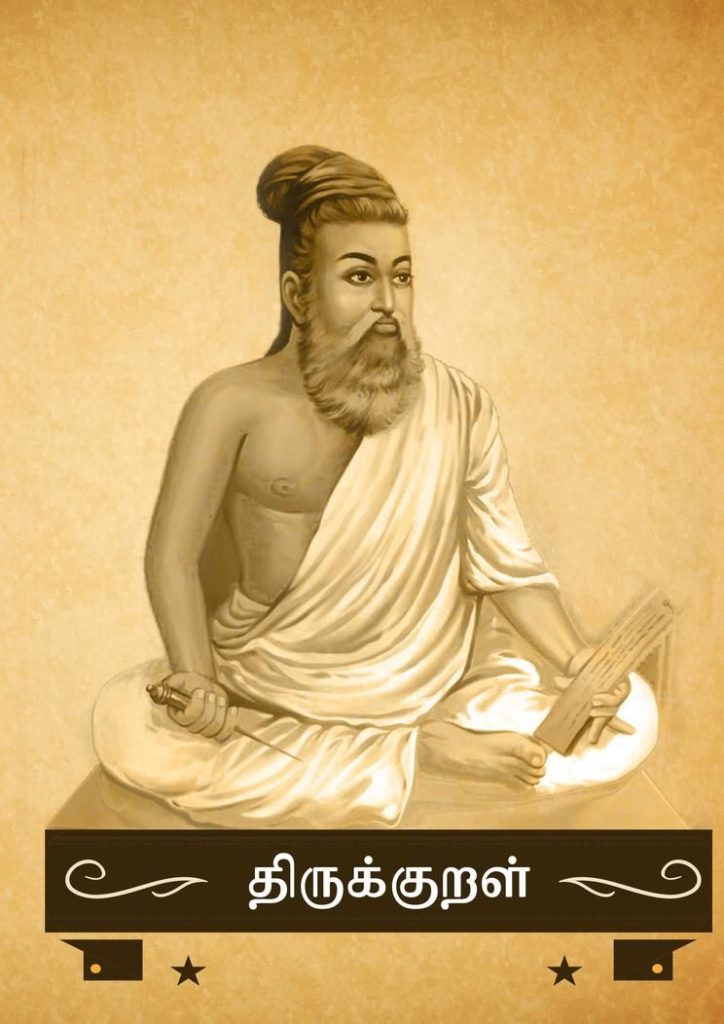Thiruvalluvar, the revered Tamil poet and philosopher, presents profound ethical and moral guidance through his literary masterpiece, the Thirukural. One of the critical questions he raises is the paradox of seeking divine compassion while engaging in the killing of other living beings for sustenance. This reflection invites us to reconsider our dietary choices, emphasizing a compassionate lifestyle that aligns with spiritual growth.
The Ethical Dilemma: Killing for Sustenance
In the Thirukural, Thiruvalluvar questions how one can aspire to divine qualities while engaging in acts of violence against other creatures. Consuming meat, which involves the killing of animals, is viewed as a sin that not only brings negative karma but also contradicts the principles of compassion and love that are central to many spiritual traditions.
The Slavery of Taste
Our tongues often enslave us to the pleasures of taste, leading us to repeat actions that contribute to suffering. The craving for meat is highlighted as a significant moral and spiritual obstacle. By indulging in such cravings, we perpetuate a cycle of violence and karma, distancing ourselves from divine grace and compassion.
The Superior Intelligence and Its Ethical Responsibilities
Humans possess intelligence far superior to that of animals, which gives us control over them. However, this intelligence comes with ethical responsibilities. Imagine if a superior being hunted humans as we hunt animals. This thought experiment underscores the moral responsibility to protect and respect all forms of life, rather than exploiting them for our consumption.
The Spiritual and Scientific Consequences of Meat Consumption
There is a growing understanding that excessive meat consumption can have detrimental effects both scientifically and spiritually. Scientifically, it has been linked to various health issues and infertility. Spiritually, it creates negative karma and distances us from divine compassion.
The Hidden Dangers of Modern Meat Consumption
Modern meat products often contain harmful chemicals, further exacerbating the negative impact on health. These chemicals can lead to various diseases and undermine our physical well-being, making it even more important to consider alternative dietary choices.
Embracing a Vegetarian Diet
Transitioning to a vegetarian diet can help mitigate these ethical and health concerns. To maintain adequate nutrition, including essential nutrients like protein, omega-3 fatty acids, and Vitamin B12, one can incorporate foods such as broccoli, soy, paneer, and other plant-based sources into their diet.
Seeing All Beings as Souls
A crucial aspect of embracing compassion is recognizing all living beings as souls deserving of respect and love. By viewing animals as our own, we foster a deeper sense of empathy and kindness, aligning our actions with the divine principle of non-violence.
Divine Care through Compassion
When we show care and compassion towards all living beings, we invite divine grace into our lives. God is perceived through the good deeds we accumulate, and by practicing love and compassion, we allow the divine presence to reside within us.
Conclusion: Love is God
Thiruvalluvar’s teachings remind us that love is the essence of divinity. Those who practice love and compassion not only cultivate a harmonious relationship with all living beings but also invite the divine to dwell within them. By adopting a compassionate lifestyle and making ethical dietary choices, we move closer to realizing our spiritual potential and living in harmony with the universe.

